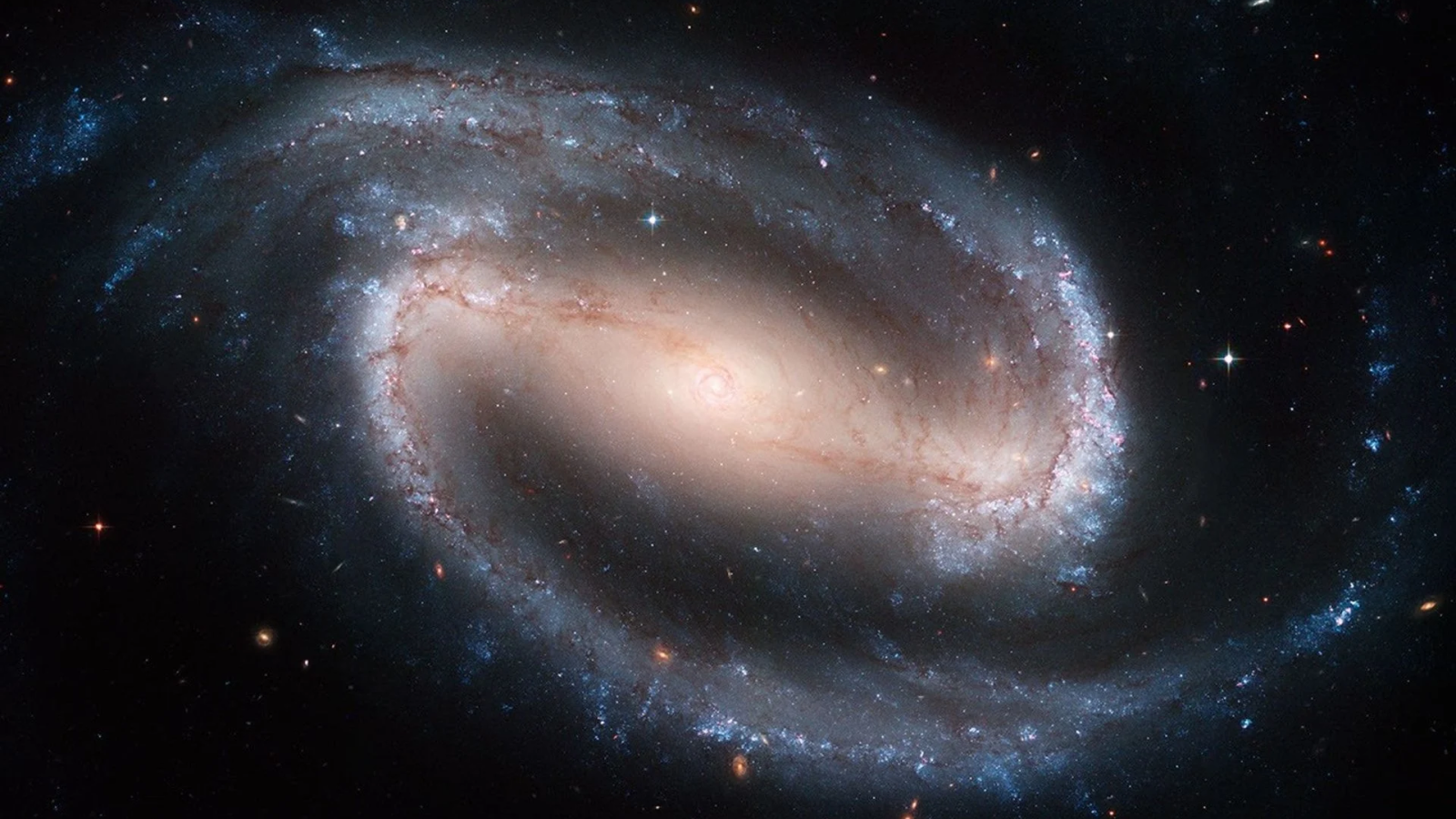Lifestyle as Young Adult May Affect Age of Menopause

A woman's lifestyle may influence when she undergoes menopause, according to a new study.
The factor that made the biggest difference in menopausal age was smoking. Women who smoked experienced menopause about two years earlier than women who didn't smoke, said Dr. Danielle Morris, who conducted the research at the Institute of Cancer Research in the United Kingdom.
Weight seemed to have the opposite effect on the age of menopause. Women in the study who were considered obese by their body mass indexes (BMIs) experienced menopause about one year later on average than normal-weight women.
For now, it's not possible to say for sure whether overall health and lifestyle are actually causing a change in menopause age, the study found only a link between the two. Age at menopause is affected by many factors, and health is difficult to quantify, Morris said.
But the findings are important because menopausal age is a risk factor for several chronic diseases. For example, older age at menopause has been linked with an increased risk of breast cancer, according to the study.
The study "suggests the importance of lifestyle factors in determining the age at which a woman undergoes menopause," and shows some of these factors, such as exercise and alcohol consumption, can be modified, Morris said. Still, more research is needed to see whether changing these factors results in a change in age at menopause, she noted.
The study was published April 10 in the American Journal of Epidemiology.
Get the world’s most fascinating discoveries delivered straight to your inbox.
What triggers menopause?
Menopause is believed to begin when the number of ovarian follicles, which produce eggs, drops below a certain threshold. On average, women in the U.S. and Europe reach menopause between the ages of 48 and 52, according to the study.
Previous studies have shown that genetic factors, smoking around the time of menopause and not having children are linked with earlier menopause; but research looking into other factors has been inconclusive.
Morris and her colleagues used data from about 51,000 women taking part in the Breakthrough Generations Study, an ongoing study in the U.K. that enrolled participants between 2003 and 2011. For the new study, the researchers used data from women between ages 40 and 98; about 21,500 of them had undergone menopause.
Each study participants completed a questionnaire asking about weight, exercise habits, diet, whether they had undergone menopause, and if so, at what age, among other things.
Weight gain and alcohol
Women in the study who gained about 30 pounds during their 20s and 30s were about one year older at menopause than women who did not gain any weight over that time, Morris said.
Women in the study also underwent menopause later if they drank more than two drinks a day on average between ages 25 and 49, did regular strenuous exercise between the ages of 30 and 49, or were vegetarian, though each of these factors influenced the age of menopause by less than one year.
In line with previous studies, having more than three children was also linked to a later age of menopause.
The researchers aren't sure exactly why the age of menopause is linked with a person's BMI and weight gain in the decades prior to menopause, but it's possible that the mechanisms involved are hormonal, Morris said. "Fatty tissue affects levels of sex hormones, such as estrogens," she said. They also hope to find out how other lifestyle factors may be affecting age of menopause.
Pass it on: A woman's lifestyle during her 20s and 30s may influence the age she undergoes menopause.
This story was provided by MyHealthNewsDaily, a sister site to LiveScience. Follow MyHealthNewsDaily on Twitter @MyHealth_MHND. Find us on Facebook.

 Live Science Plus
Live Science Plus





